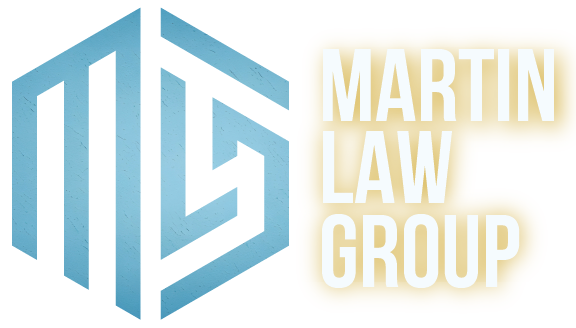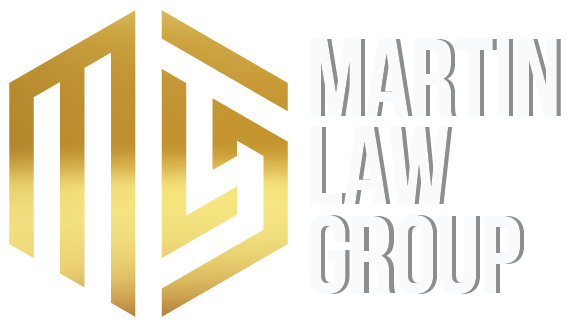Other than hearing a verdict in favor of my client, my favorite part of trial is voir dire. This is the jury selection process. As a lawyer, it's my chance to have a conversation with the potential jurors and try to determine where their priorities, beliefs, and values rest. I try not to purposefully harass or invade their privacy, as it's unwise to isolate the jury. On the same hand, it's important to really know your jury. Jurors are funny as you never know what they are going to do or exactly what they are thinking. Voir Dire is the lawyer's opportunity to consider any possible bents the jurors have which may hurt the client of the attorney. Voir Dire is a necessary part of the legal process at trial.
Under the Sixth Amendment of our Constitution, we the people are afforded a jury by our peers. In order to do that fairly, satisfy due process, voir dire is essential. However, there is understandable concern that the rights of potential juries are invaded.
A law professor and associate dean, for my alma matter, University of Kansas School of Law, recently wrote an article about this very subject. Professor Melanie Wilson's articel contends that potential jurors are so regularly exposed to privacy-invading, personal questions during voir dire, that many lie and withhold important information. She states, "It's ironic that most people have fewer rights when they're in the courtroom than they had before they went inside." Professor Wilson even offers alternatives to the current jury selection process.
Imagine, if you are a criminal defendant and the jury has the power to determine your guilt or innocence. Your future is in their hands! Wouldn't you want to know about the jurors? Or, what if somebody seriously injured you for the rest of your life. The jurors have the power to either award you a judgment or not. If they have a bent toward not awarding damages, that would be something you might want to know.
I doubt that Voir Dire will be taken away any time soon, as the Supreme Court has expressed the importance of this. However, if changes are to come, I hope us lawyers are still able to have valuable and meaningful conversations with the potential juries.

